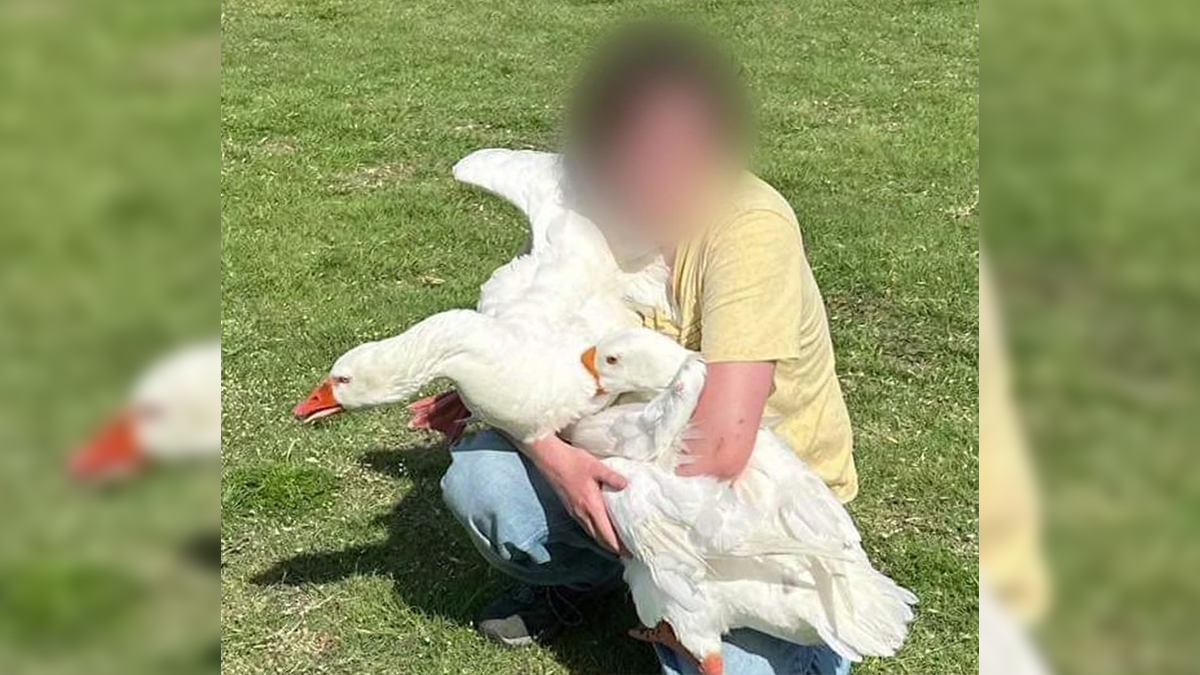When you have a pet, you'll do anything to keep him happy. But are you doing everything to keep him safe?
Many pet owners microchip their pets to strengthen the likelihood he'll be returned if he gets lost. But buying the microchip is not enough. You also need to continue to update that information, as well as pay ongoing fees in many cases.
Laura Holmes with Irving Animal Services knows the value of a microchip. Every day she finds lost pets, and tries to take them home. On the spring day the NBC 5 Investigates Consumer Unit rode with her, she found a matted terrier mix hiding in a garage.
Quickly she pulled out a hand-held device and waived it over the back of the dog. It indicated the dog had no microchip. Neither did a friendly yellow lab mix she spotted at a nursery.
But Dr. Stacy Eckman, of Texas A&M University, said even if your pet is chipped, he may not be protected.
"Some people think it's a GPS - that it's a locator that if my pet is lost now I can go and get my iPhone out and locate it. But it's not like that at all," said Eckman.
She points out that instead, the microchip contains just an identification number. Shelters or veterinary offices must then call the microchip maker to find the owner information.
That means that the microchip company has the responsibility of putting your contact information into their database. If you move, you then have to remember to update your information. In a study, researchers at The Ohio State University found 35 percent of pets with microchips could not be returned to their owners because of incorrect information or disconnected phone numbers. Another 10 percent had microchips that were never registered.
Local
The latest news from around North Texas.
Tonya Burns, who lives in The Colony, tried to do the right thing and register her new dog, Vegas, immediately after she adopted her.
"I was told it was registered to another owner and I would have to pay a transfer fee of $19.99," said Burns. Someone had entered Burns' number accidentally. Because of the apparent mistake, the company agreed to waive the fee. But if Burns ever moves, she'll have to pay. It's a fee she's willing to pay, but said she had no idea there were ongoing costs after the initial purchase.
How much you pay depends on the company you use. We checked the charges of some of the top microchip companies.
- Avid said it charges a one-time fee of 19-95 and $6 for information updates.
- 24PetWatch charges its customers $21.95 a year or $59.95 for the lifetime of the pet. That includes information changes.
- Microchip 4 Solutions does not charge any yearly maintenance or transfer fees.
- PetLink said information changes are included with the purchase of a chip, but it does charge a transfer fee of $19.95.
At Irving Animal Services, they can deliver a lost pet directly home as long as that microchip information is up to date.
"A few weeks ago the owner had been missing their dog for over two months and me and my coworker returned the dog," said Holmes.
Experts also advise you to have your pet scanned every time you go to the vet to make sure the chip is still working and in the right place.



